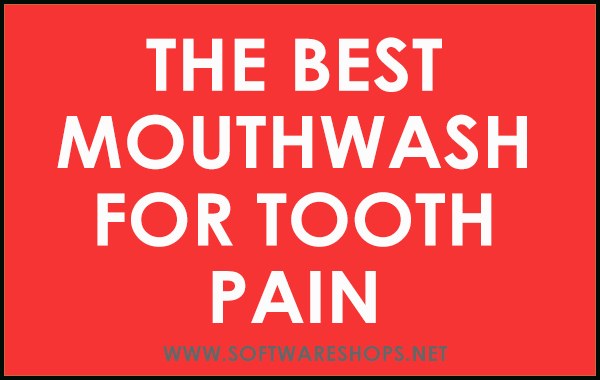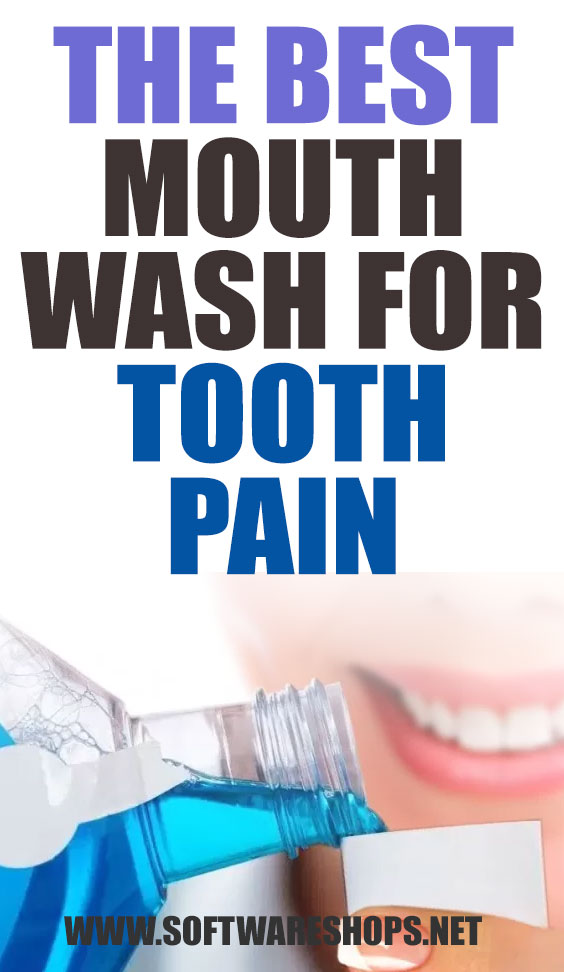Are you looking for the best mouthwash to alleviate tooth pain? Wondering if it needs to be a prescription based rinse or could it be a home remedy one? Keep reading to find out!
There are many different types of mouth rinses available but some are prescription only while others are considered home remedies since the ingredients to make them can be acquired easily at your local pharmacy or supermarket.
The prescription mouth rinse:
The only prescription mouthwash that your dentist will ever prescribe you would be chlorhexidine or more commonly know by its brand name,Guest Posting Peridex. You cannot pick this up at the pharmacy all on your own but you would require a prescription from a medical professional.
How to use chlorhexidine rinse:
Pour 15mL into a cup.
Rinse with the solution for up to two minutes.
Spit out back out and don’t eat for an hour.
You may repeat for up to two times a day, once in the morning and once at night time.
Please do not use for longer than two weeks because it can start to stain your teeth brown if you use it for a long period of time.
The prescription mouth rinse, chlorhexidine works wonders on fighting gum infections and tooth pain caused by gum conditions but the downside is the staining and there is also the fact that you need a prescription for it. If you are unable to make it to the dentist then your only other option would be a home remedy mouth rinse.
Home remedy mouth rinses:
Salt water rinse. This is the most easily accessible home remedy rinse because everyone has salt and water in their house. This is best used for gum swelling because it helps to decrease bleeding. It helps the most when used the next day after a tooth extraction because it helps to control the inflammation and also to flush out food debris from the socket.
Coconut oil. Individuals who are very holistic, prefer to use coconut oil to rinse with, in lieu of Listerine or the antibiotic prescription rinse, chlorhexidine. We have seen results for this that work very well but the only downside is that you do need to rinse for about fifteen to twenty minutes with it each session.
Some people may be turned off by the fact that you have to swish it in your mouth for so long. The plus side is that at least your mouth will feel super fresh. How this mouth inse works is that it brings the pH of your mouth back up to a neutral level.
Oregano oil. In case you did not know, oregano has high antibacterial and anti inflammatory effects. Due to this fact, it has prompted people to try to use the extracted oil to fight tooth pain. How do you use it? You can pour the concentrate onto a Q-tip and rub it around the tooth that is feeling pain or you can mix it with some water and use it as a mouthwash. Either way will work!
Listerine. This is a classic mouthwash that everyone knows about. It kills over 99% of germs and does a fantastic job at fighting plaque and bad breath. There has been a trend lately about moving away from alcoholic mouthwashes but you’re in luck because Listerine has been making a version that is alcohol free so we would recommend that. You can also easily purchase this at your local supermarket or pharmacy. All you need to do is just rinse for thirty seconds, which is a lot faster than the coconut oil pulling technique.
All of these mouth rinses will work to a certain extent but mostly only on very mild tooth pain. If your toothache is very severe, there is no mouth wash in the world that can alleviate that pain. The only one who can do that would be your dentist!
Note- The information provided on this page is for general purposes only and should not be taken as professional advice. All the content provided on this page is my own creativity.
Did you enjoy reading this post? If you did, please take a second to share it with your friends. Sharing is caring! Thank you So Much.


